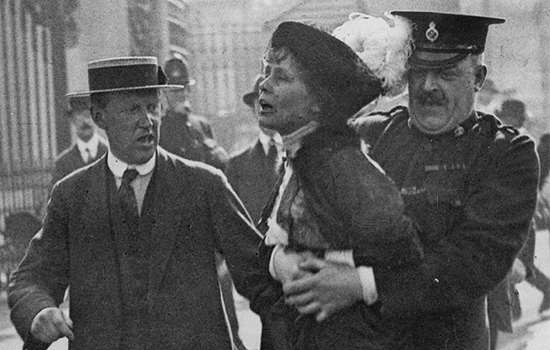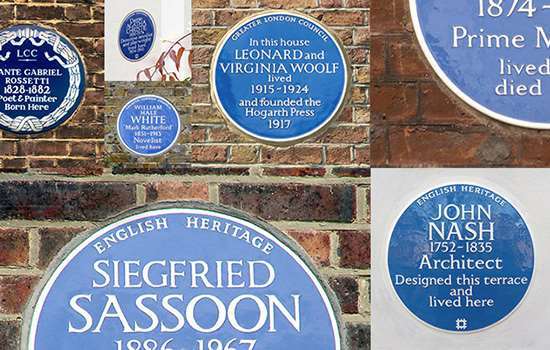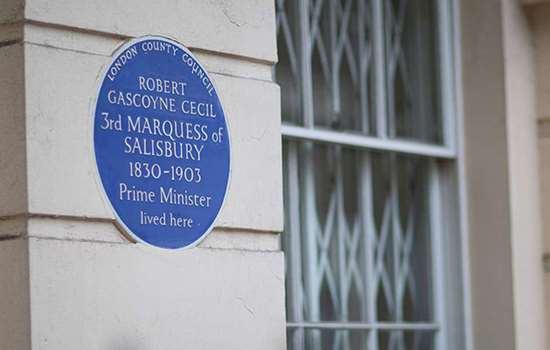CUNNINGHAM, Laurie (1956-1989)
Plaque erected in 2016 by English Heritage at 73 Lancaster Road, Stroud Green, London, N4 4PL, London Borough of Haringey
All images © English Heritage
Profession
Footballer
Category
Sport
Inscription
LAURIE CUNNINGHAM 1956-1989 England International Footballer lived here
Material
Footballer Laurie Cunningham was a talented forward player who enjoyed success with the Leyton Orient, West Bromwich Albion and the Spanish club Real Madrid. In 1979 he became the first black player to represent England in a competitive international match. His achievements are now commemorated with a blue plaque at his former home at 73 Lancaster Road in Stroud Green.
THE DANCING FOOTBALLER
While living at 73 Lancaster Road, Laurence Paul Cunningham progressed from high school student to football star. He shared the three-storey end terrace with his parents, who were first generation immigrants from Jamaica, from 1967 until about 1976. He was a youth player with Arsenal for a while but made his professional debut with the East London team Orient (now Leyton Orient) in October 1974. After scoring 15 goals in 86 league appearances, he was snapped up by West Bromwich Albion in March 1977.
While living at Lancaster Road he met his long-term girlfriend Nicky Brown, and with her he honed his skills in his other favoured pastime: dancing. His ability was such that he was even invited to join the Ballet Rambert dance company, and it’s rumoured that he used prize money from dancing competitions to pay the fines he received for arriving late at football training.
RACISM IN FOOTBALL
Cunningham and his fellow black players had to contend with a measure of racial prejudice that seems almost unthinkable today. At West Brom, Cunningham was one of three black players – the others being Cyrille Regis and Brendan Batson – who collectively became known as ‘The Three Degrees’. Batson recalls the verocity of the racial abuse they received:
The noise and level of the abuse was incredible. At times, it was almost like surround sound in the grounds. … We’d get off the coach at away matches and the National Front would be right there in your face. In those days, we didn’t have security and we’d have to run the gauntlet. We’d get to the players’ entrance and there’d be spit on my jacket or Cyrille’s shirt. It was a sign of the times.
Cunningham – as a flair player who invariably took the limelight, and whose long-term girlfriend, Nicky Brown, was white – appears to have suffered particularly. On one occasion, a petrol bomb was pushed through the letterbox of the house he shared with Brown in Birmingham: she recalls him calmly stamping out the flames. In another episode, Cunningham successfully took on four men who had insulted him. They turned out to be West Brom fans, and after lecturing them on their attitude Cunningham invited them to a game as his guests.
TRAILBLAZER
West Brom manager Ron Atkinson said that Cunningham ‘could run on snow without leaving footprints’. But Cunningham left a trail of a different kind. At West Brom, he scored 30 goals in 144 appearances, with highlights including a 5–3 victory against Manchester United and a memorable win over Valencia in the UEFA cup, both in December 1978. It was the latter performance that brought him to the attention of Real Madrid, who paid £950,000 for him in June 1979. The first Englishman to play for the club, he scored twice on his debut and helped Real to a league and cup double in 1980.
Cunningham played for the England under-21 team against Scotland in 1977 and in May 1979 became the first black player to appear in a competitive international for the senior side (Viv Anderson, the Nottingham Forest right back, had appeared in a friendly international late in the previous year). Injuries and club commitments meant he only played for England six times, and by his own admission he never fulfilled his footballing potential. Nonetheless his achievements as a black professional player at a time when racism was virulent undoubtedly paved the way for other black footballers. Ian Wright is among many to acknowledge their debt: ‘When I was playing football on the estate, he was the one I was trying to be like.’
Laurie Cunningham was killed in a car accident near Madrid in 1989, aged just 33.


